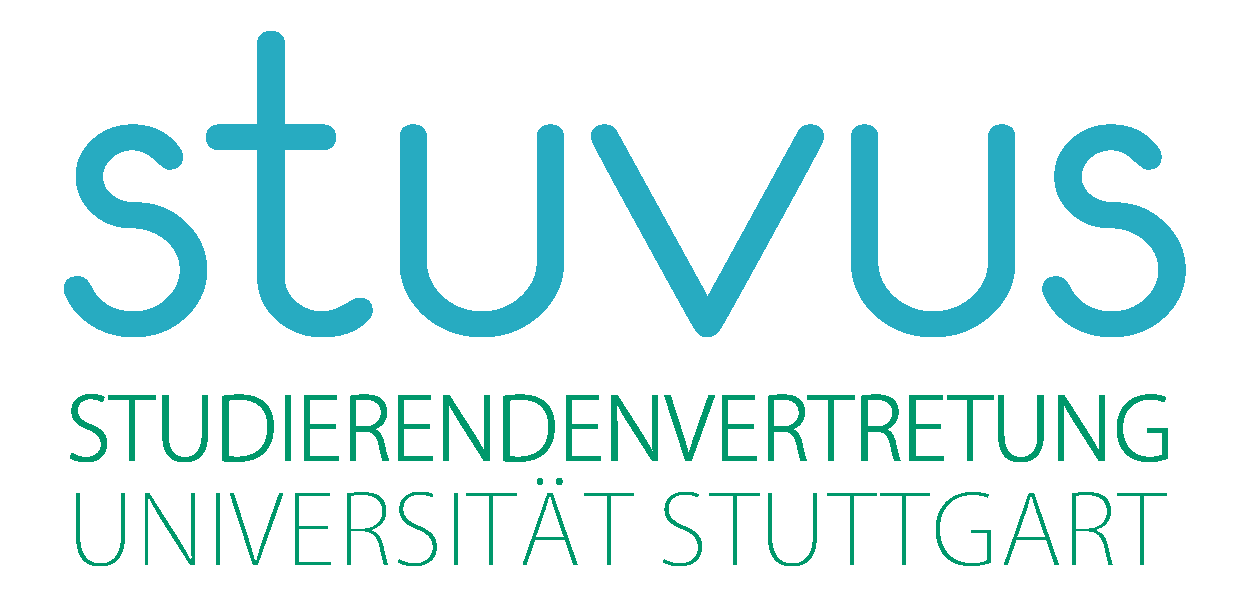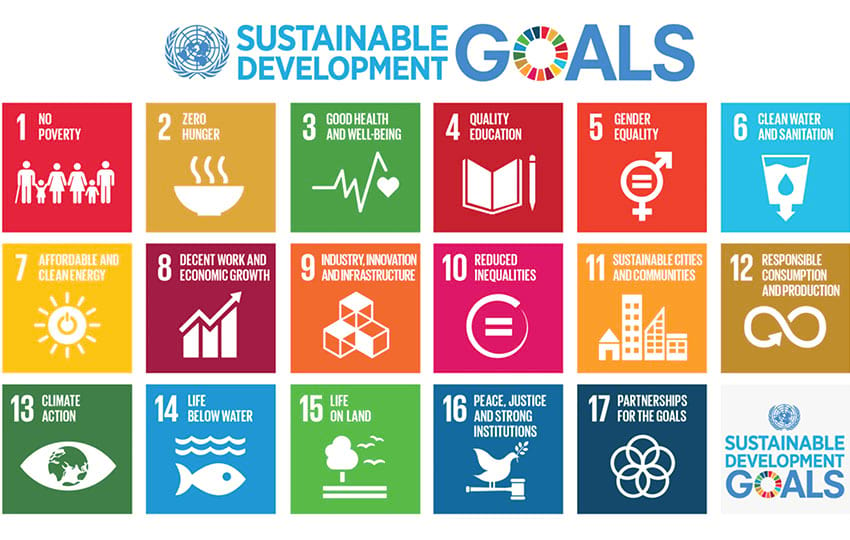What use are the best innovations if they turn out to be ideas that harm our society in the long term and destroy our livelihoods?
From this question it becomes obvious that it is essential to deal with one’s own responsibility and the responsibility of one’s own discipline. The ability to reflect critically is the core of sustainable thinking and acting and should be accordingly integrated into teaching.
„The University of Stuttgart implements innovative concepts in research and teaching in order to provide knowledge and strategies for a meaningful and sustainable development.”[1]
We in the student council are also thinking about how sustainability and reflection can be better integrated into teaching at the University of Stuttgart. Since the beginning of 2020, there has been a working group within the Department for Sustainability, which deals with this and would like to encourage the integration of appropriate subject-related courses in as many degree programs as possible. In this, the importance of action for a fair and sustainable society is to be considered and discussed. Here, sustainability is not limited to the ecological aspect, but includes all 17 Sustainable Development Goals (SDGs). The educational concept “Education for Sustainable Development”, for example, shows how this can be possible.
Education for Sustainable Development
Education for Sustainable Development (ESD) enables people to think and act in a sustainable way, i.e. to understand the impact of their own actions on the local environment and on people in other parts of the world, to be able to imagine the impact on future generations, and to make responsible decisions as a result. ESD is also about empowering people to become “change agents” who are committed to transforming societies to be socially just and ecologically inclusive. ESD is not primarily an additional learning content, but manifests itself primarily in changed methods of knowledge and competence transfer.
The competencies to be taught through Education for Sustainable Development include the following[2]:
- Thinking and acting with foresight
- Interdisciplinary work
- Adopting other perspectives
- Dealing with difficult decisions
- Questioning one’s own ideas and ways of thinking
You can find more information about Education for Sustainable Development, for example, on the German website meine-bne.de.
Our motivation
In an interconnected, globalized world, it is necessary to be sustainably educated in order to deal with the complexity of interdisciplinary problems and to solve them in harmony with our environment. We believe that a university that provides knowledge and skills to change society must also provide competencies to deal with them in a sustainable way.
These competencies enable students to live up to their social responsibility and to navigate well in an increasingly complex world.
The University of Stuttgart has the chance to become a pioneer in sustainable education in Germany with the university-wide implementation.
You agree with us and want to get involved? We are looking forward to your message:
reflexion@stuvus.uni-stuttgart.de
For more information on the topic, our working group, and the current status, check out the stuvus wiki (German only).
Sources:
[1] University of Stuttgart: Mission statement. https://www.uni-stuttgart.de/universitaet/profil/dokumente/university_profile_mission_statement_leitbild_EN.pdf, called on 17.06.2021
[2] Sukuma arts e.V., meine-bne.de, called on 17.06.2021

